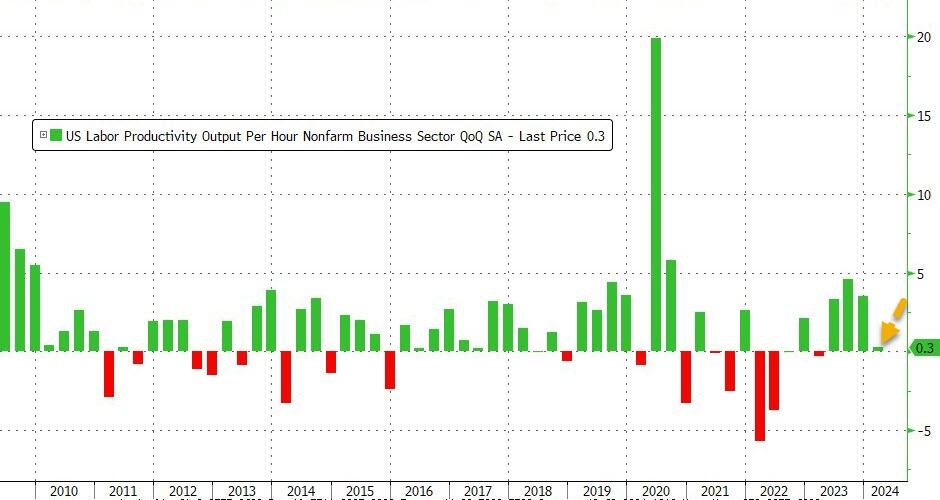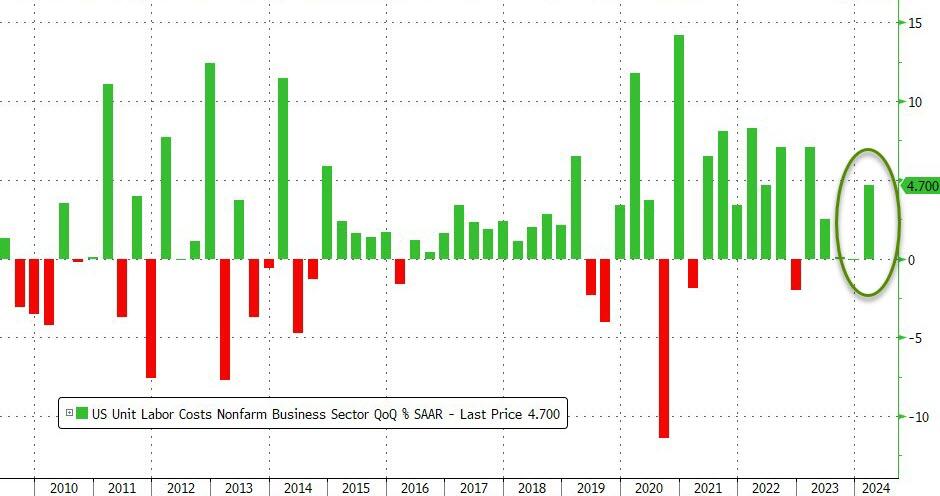President Biden called Japan and India ‘xenophobic’ at an off-camera campaign fundraiser in Washington, D.C., on Wednesday, lumping the U.S. allies in with China and Russia while making the argument that the United States is right to welcome in immigrants.
“This election is about freedom, America and democracy. That’s why I badly need you. You know, one of the reasons why our economy is growing is because of you and many others. Why? Because we welcome immigrants,” the president said.
“The reason — look, think about it. Why is China stalling so badly economically? Why is Japan having trouble? Why is Russia? Why is India? Because they’re xenophobic. They don’t want immigrants. Immigrants are what makes us strong. Not a joke; that’s not hyperbole. Because we have an influx of workers who want to be here and want to contribute,” he added, according to a pool report.
Biden has been hit relentlessly by Republicans over immigration, which is among a host of issues key to the 2024 election.
Biden has previously hit China for its lack of immigration as a reason for its economic troubles but hasn’t criticized Japan, which is a key ally in Asia. He’s also had choice words for Russia, particularly during its war with Ukraine.
In including India and Japan alongside with China and Russia, Biden lumped in two counties considered key allies, particularly when it comes to combating China.
Biden has hosted leaders of both countries at the White House in the last year. He hosted Indian Prime Minister Narendra Modi in June 2023 and Japanese Prime Minister Fumio Kishida last month. Both were also treated to state dinners.


